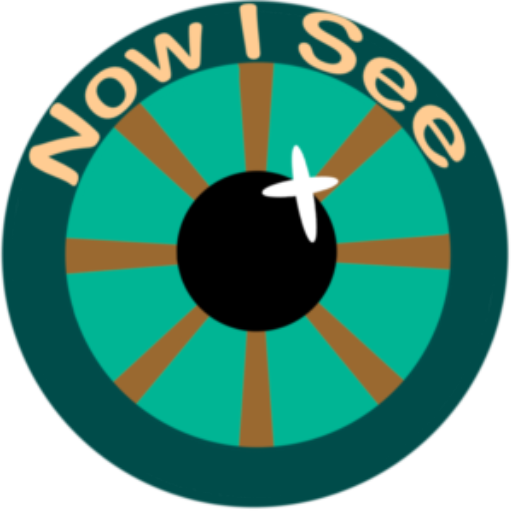When Chris Galanos finished his lecture on character, nobody got up and left the room. Instead, people remained seated talking about what they heard about character development, factors that influence character, the importance of character, and how the perception of character is changing in America. They talked about which traits they most admired, those they lacked, and those they wanted to improve. They talked about Chris’ list of top six traits, and if their list looked like his.
Chris talked about ethos: the fundamental values of a person, one’s guiding beliefs, ideas and credibility. He talked about ethic: the set of principles of right and wrong behavior. He talked about values: a collection of guiding principles that drive one’s personal conduct. And he talked about how each of those impacted America’s changing cultural climate.
Chris made the distinction between character (the traits we choose), and personality type (our natural inclinations), and how those are shaped in our homes, culture, social circles, environment, and by our religious beliefs and philosophies.
Chris reminded us that character drives our ethos and ethics, affects our words and deeds, determines how we treat others, how we conduct business, how we lead, how we follow, and tells others who we are.
Chris Calanos list for Personal Character Development
- Humility
- Integrity
- Compassion
- Loyalty
- Courage
- Perseverance
“The number one quality is humility,” Chris said. “Humility is not being subservient. Humility is having a right view of yourself. As a Christian, I take that right view as ‘How does God look at me?’” Chris explained how humility makes him empathetic, helps him like other people and makes him want to listen to their stories so he can better understand them. “Humility is very big.”
By contrast, Chis said, “Some of the most prideful people I know are so low, self-serving, without power, they take pride in their lowness, and they are not self-aware. A humble person is very aware of themselves and aware of other people.”
He added, “Failures help us develop humility, because you realize you’re always just moments away from doing something really stupid.”
Integrity was next on Chris’ list. “As an officer in the military, I had to ask myself, ‘Do you show integrity to the people you lead? Can they trust you?’ Integrity plays a key role in who you are.”
Part of trustworthiness is truthfulness. Chris considered this advice from Jordan Peterson, “Always tell the truth, or at least don’t lie.” But Chris says truthfulness goes beyond not lying, because you can deceive someone by not telling them the whole truth. “Being trustworthy is not being deceptive. You need to give a person all the information they need to make a good decision.”
In a personality test, Chris admitted, “I may be the only person who ever scored a zero on pity.” He explained that pity was part of compassion and that compassion is something he’s working on. He discovered, “Compassion is not weakness. It balances the hard, brutal realities of life and gives you empathy. It reveals your humanity or lack thereof.” He contrasted compassion with enabling when he said, “Compassion is to have empathy when empathy is needed.”
“Loyalty is a will, a decision, a resolution of the soul. It conjures up the idea that you have to have self-restraint. You keep confidences,” Chris explained. “You need to be loyal, but you can be loyal to a fault. f the cause is wrong, or if the cause has taken a wrong turn, then loyalty for loyalty’s sake is not a good thing.
But loyalty to the right thing can be life-giving. This year Chris will celebrate 53 years of marriage to his wife Carla. The secret to success? Loyalty. “We hold each other in high regard. We stand by each other. I would do anything for her, and vice versa. We are loyal to the covenant we made a long time ago. Everyday we get up and choose to love the other person.”
Courage, like perseverance, and any of the other qualities needs to be developed. “You accede to the next thing, and the next thing, until you get to the point where you want to be. It is something that builds over time.” By contrast, “Doing evil is the same way. It begins as a thought, then a little bit of action, then a big action, and then you’re up to your eyeballs.
“We are never a finished product. We are growing all of our lives. I am 76 years old, and I don’t know if I have one year left, or 15 years left.” So he challenges himself, and all of us, to “Suit up. You’re still in the game. You don’t have to achieve something big [to make a big impact. You] can put your arm around someone and give a word of encouragement. [You] can say a prayer for someone. [You] can make a difference.”
RECOMMENDED RESOURCES:
RECENT BLOGS BY CHRIS GALANOS ON MYPOINDEXTER.COM
CONTACT INFO:
Leave a message for Chris on ![]()
